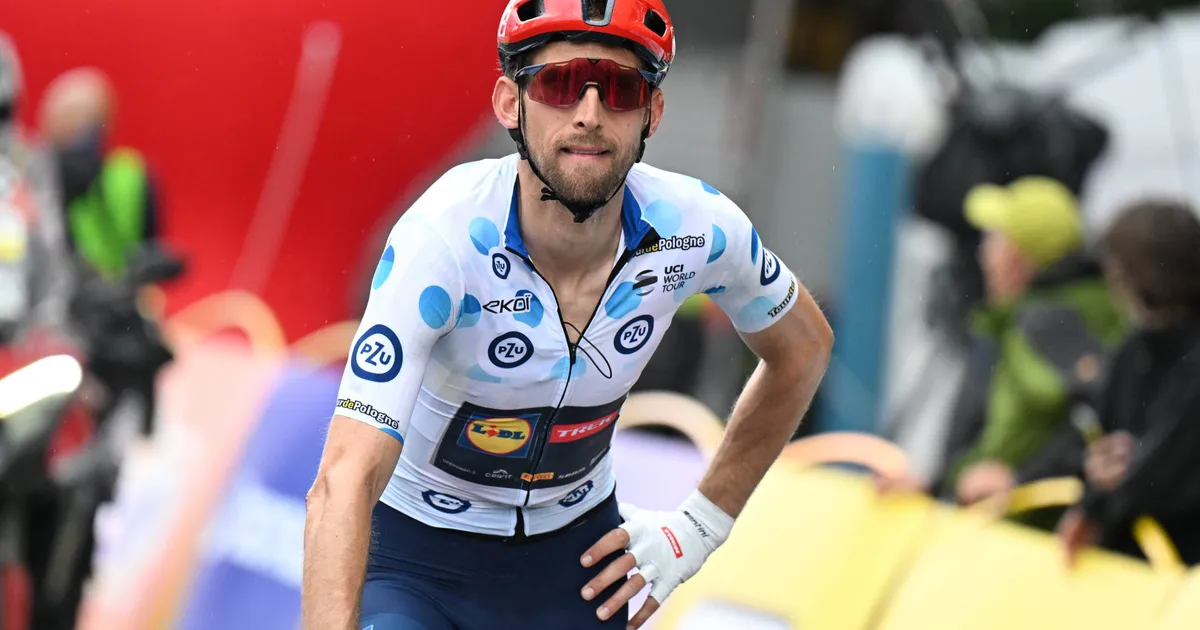Bauke Mollema is eyeing the final races of his 2025 season,
with the World Championships and Il Lombardia on his calendar. The 38-year-old
Dutch rider from Lidl-Trek has fond memories of Il Lombardia, having won it in
2019, alongside stage victories at the Tour de France and Vuelta a España. His
year began promisingly with a thirteenth-place finish at the Tour Down Under,
but his form dipped in the summer, leading to his absence from the Giro
d’Italia where he had hoped to chase another stage win and complete his set of
grand tour stage wins. The veteran admits it hasn’t been the season he wanted.
On the podcast “De Pacer,” Mollema said, “I’m still
pushing good wattages, because I set a 20-minute record this year. Although I’m
not at the same levels as I was at the beginning of my career, because back
then I didn’t use a power meter.”
He added, “Besides a twenty-minute record, I also set a
ten-minute record this year, and even a thirty-second record. That last record
was just before the Tour Down Under. But at those times, you’re fresh. I can’t
do that anymore at the end of a Grand Tour.”
Mollema pointed out that the depth of talent in modern
cycling makes small differences decisive. The level the top riders head reached
in recent years is possibly the highest ever, making the battle for stage
victories even more difficult. “If I had been at my level of last year, or
even this year, say, ten years ago, I would have achieved much better results.
The level is so high across the board. It’s really all about those last few
percent, because everyone can ride so fast.”
Nutrition was another area where Mollema once saw a
competitive edge, and he believes it is an area that he excelled in. “I
was already eating a lot at the beginning of my career. I was known for that in
the team. I ate gels all day long and a lot of pasta after the race. I did that
unconsciously, because I was hungry and I could afford it. I didn’t gain weight
easily.”
He continued, “In hindsight, that might have been my
greatest strength. Many boys often had an energy deficit, which caused them to
fall through the cracks. When the rest started eating too, I lost that
advantage. Although I did, of course, pay more attention to it, but there was
more to be gained for others.”

